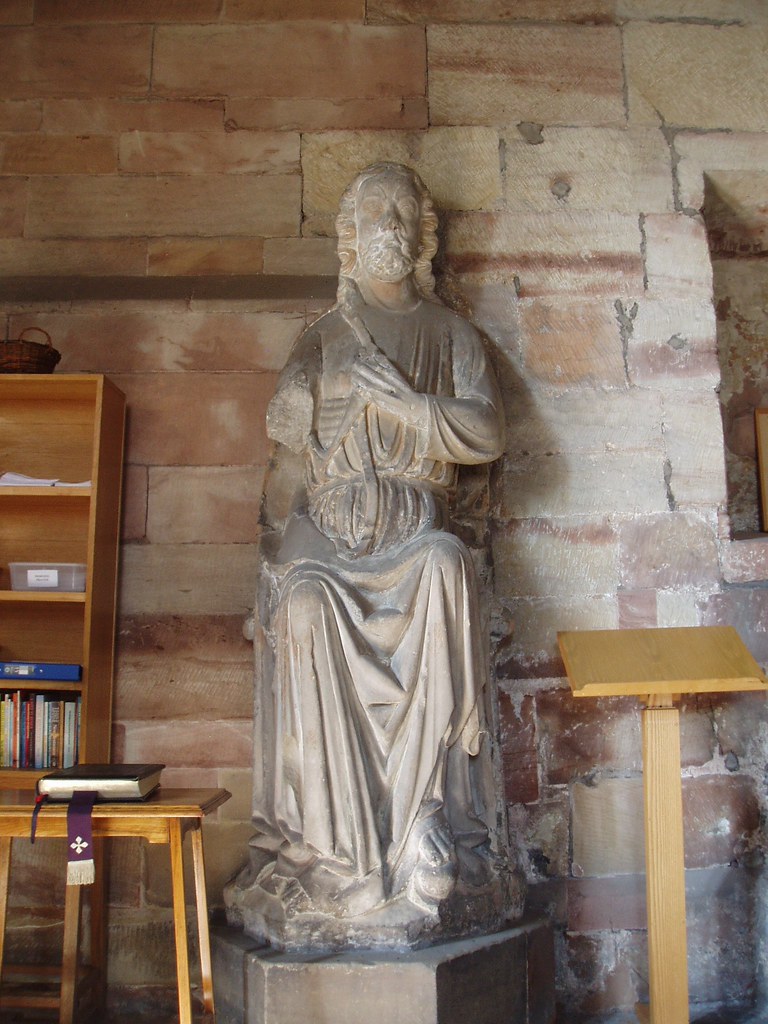A friend sent his comments to me in an e-mail about my recent post
The Scottish Crisis, and, as he makes a number of excellent points I am, with his permission, reproducing it:
"I have just finished reading your blog piece about the Scottish Crisis and find myself largely in agreement. I don’t think Cameron should be criticised too much for allowing the thing to go ahead; what else could he do when the SNP had just won a majority in the Holyrood Parliament with a manifesto commitment to seek to hold an independence referendum. Where he went wrong, I think, was in amending the Scotland Act to give the Holyrood Parliament the power to hold a referendum and thus allow the madness of giving 16 and 17 year olds the vote whilst denying the same to those Scots (in particular Scottish military personnel) not living in Scotland. It’s a travesty that foreigners can vote in the referendum but Scotsmen who fight and bleed for their country have no such say. He would have done better to have kept control of the situation by legislating for the referendum through the UK Parliament (none of the other parties would have opposed it) and denied the SNP the power to choose the question and the electorate.
As the day of the referendum approaches I find myself in a tightening grip of anxiety. Perhaps I should stop worrying and not take it so personally but, whilst I identify as Welsh (and proudly so) in the cultural sense, I have always considered the United Kingdom to be my country. In fact, as a Welshman, I think I have more reason than most to want the Union to be preserved when you consider that the Welsh are, after all, the true Britons and almost 60% (I was surprised too) of the population of these Islands is still racially a Briton. I can’t imagine what sadness the Queen must feel.
If we are going to assign blame then I think, as with most things, it must rest with the Blair creature and the 1997 Labour Government. Devolution was a terrible idea and was always going to lead to this. Before devolution the SNP and the nationalist movement in Scotland (though always stronger than in Wales) were still a bit of an eccentric sideshow. Now they are in government at Holyrood and potentially about to destroy the greatest, most stable country on Earth. Like every act of constitutional vandalism committed by that ignominious administration it was a cynical, badly thought out move taken purely for self-interest.
Even if the Scots vote “No” on 18th September there is the now inevitable and perilous prospect of the ‘federalisation’ of Britain. Home rule for Scotland and (eventually) Wales and Northern Ireland, whilst England will be dismembered into banal ‘regions’ without any real historical, cultural or emotional foundation. This is what the European Union has always wanted: a Europe of the Regions and so it is no wonder that Clegg and the Liberal Democrats are its biggest cheerleaders.
Your last sentence about the need to for hope and prayer reminded me of the words of a man who had to fight to keep his nation together. Abraham Lincoln once remarked that he had often been driven to prayer by, “... the overwhelming conviction that I had nowhere else to go.” I may no longer be a religious man but lately even I have found myself struggling to resist a tremendous urge to fall to my knees and plead with some higher power for the future of my country."
I remain very critical of the Westminster government for allowing the current situation to have developed, to have allowed the No campaign to have been pretty lacklustre, let alone for what might happen on Thursday. The "dev-max" option does not worry me too much. If the UK retained control; of foreign policy, defence, the currency and trade policy, then some sort of British
ausgleich between England and Scotland might allow for legitimate Scotland's aspirations and recognise its historic identity. What is being offered now by the UK parties may take us towards that, but it may,but only may, be too little. too late.
Let us continue to hope, and let us continue to pray.





